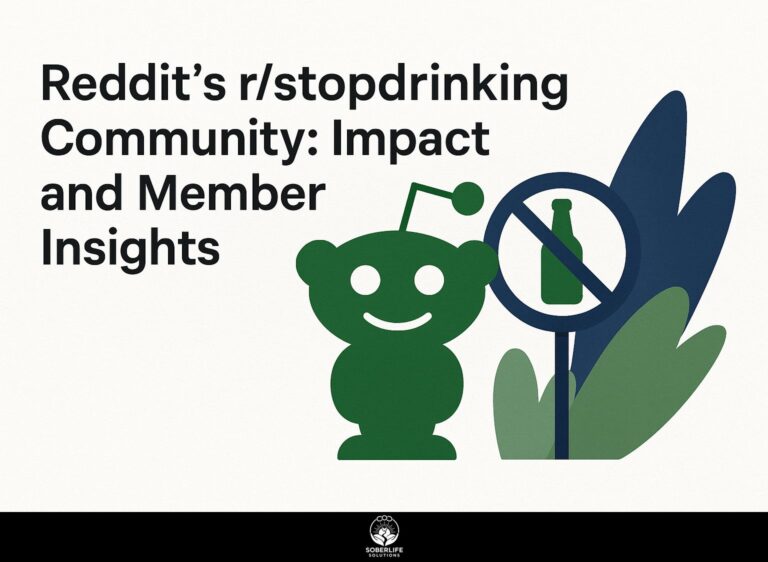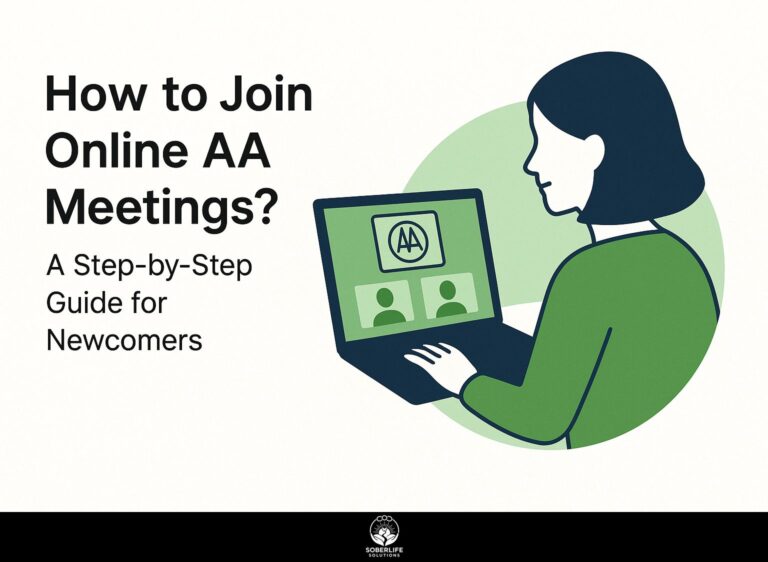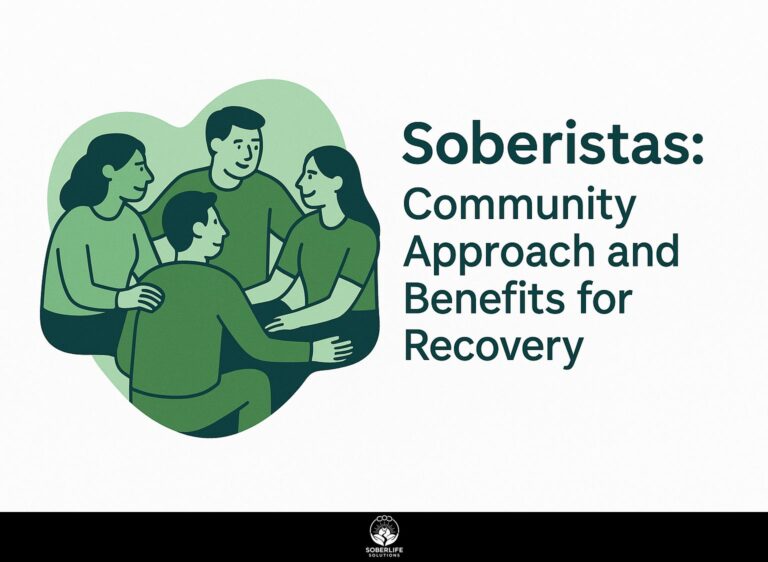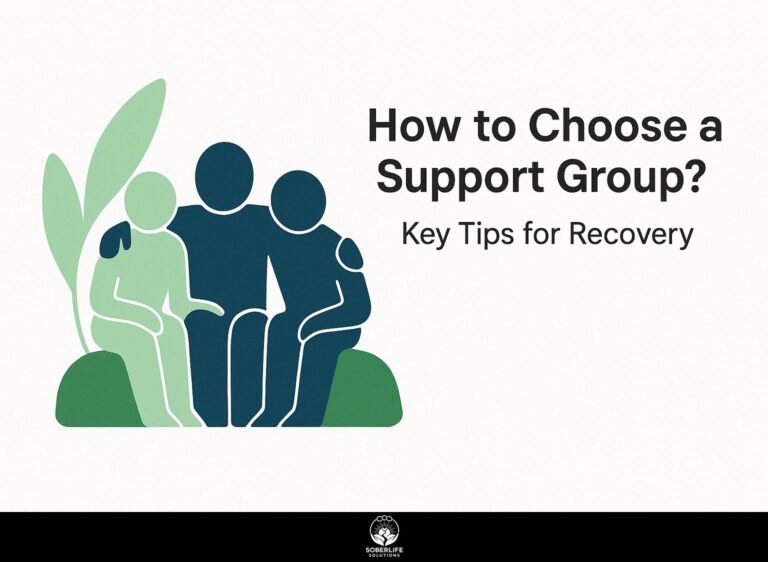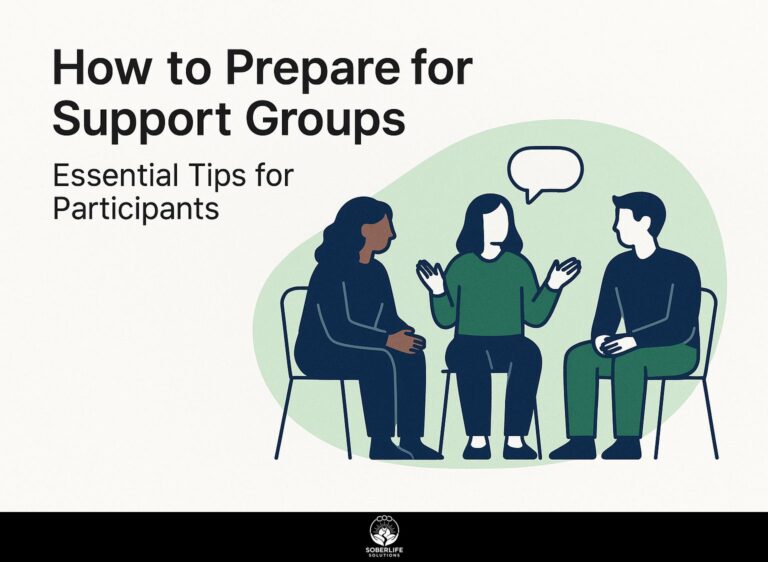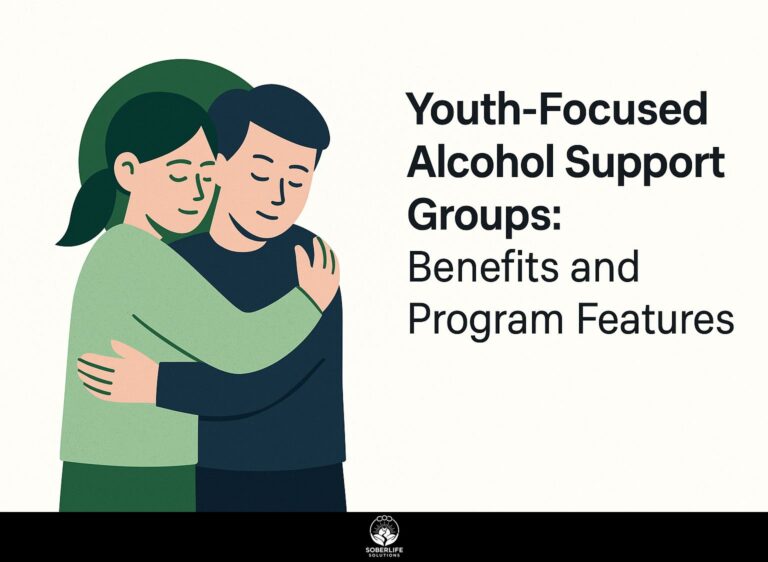Medication Assisted Recovery Anonymous: Meetings and Benefits
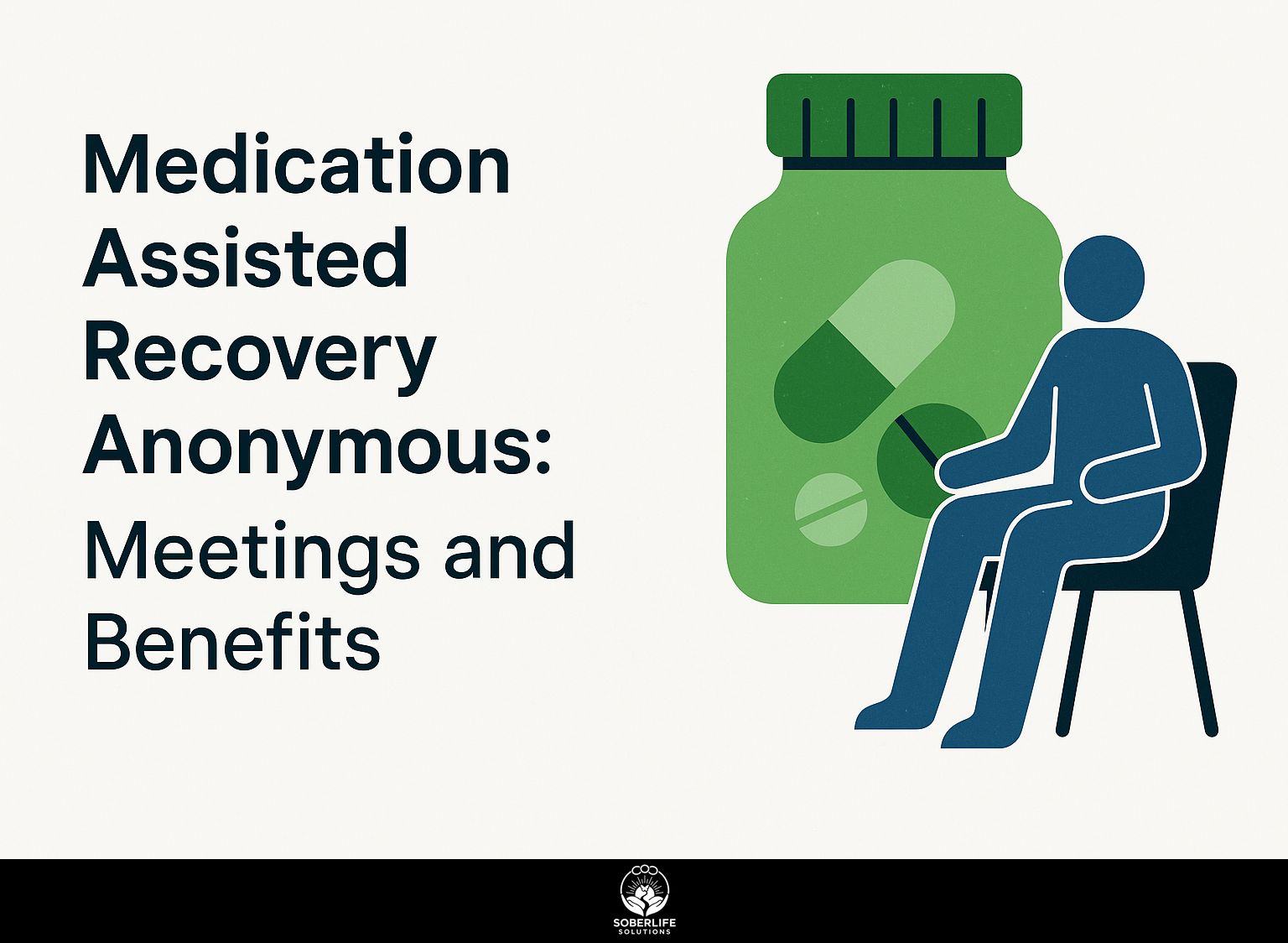
Recovering from substance use problems can be tough, but Medication Assisted Recovery Anonymous (MARA) provides a welcoming community for people who want to make a change. Supported by the Substance Abuse and Mental Health Services Administration, MARA uses Medication-Assisted Treatment (MAT) to help people in recovery. In this article, we’ll look at how MARA meetings are organized, the advantages of peer support, and how this method can improve your recovery experience.
Key Takeaways:
Learning About Medication Assisted Treatment (MAT)
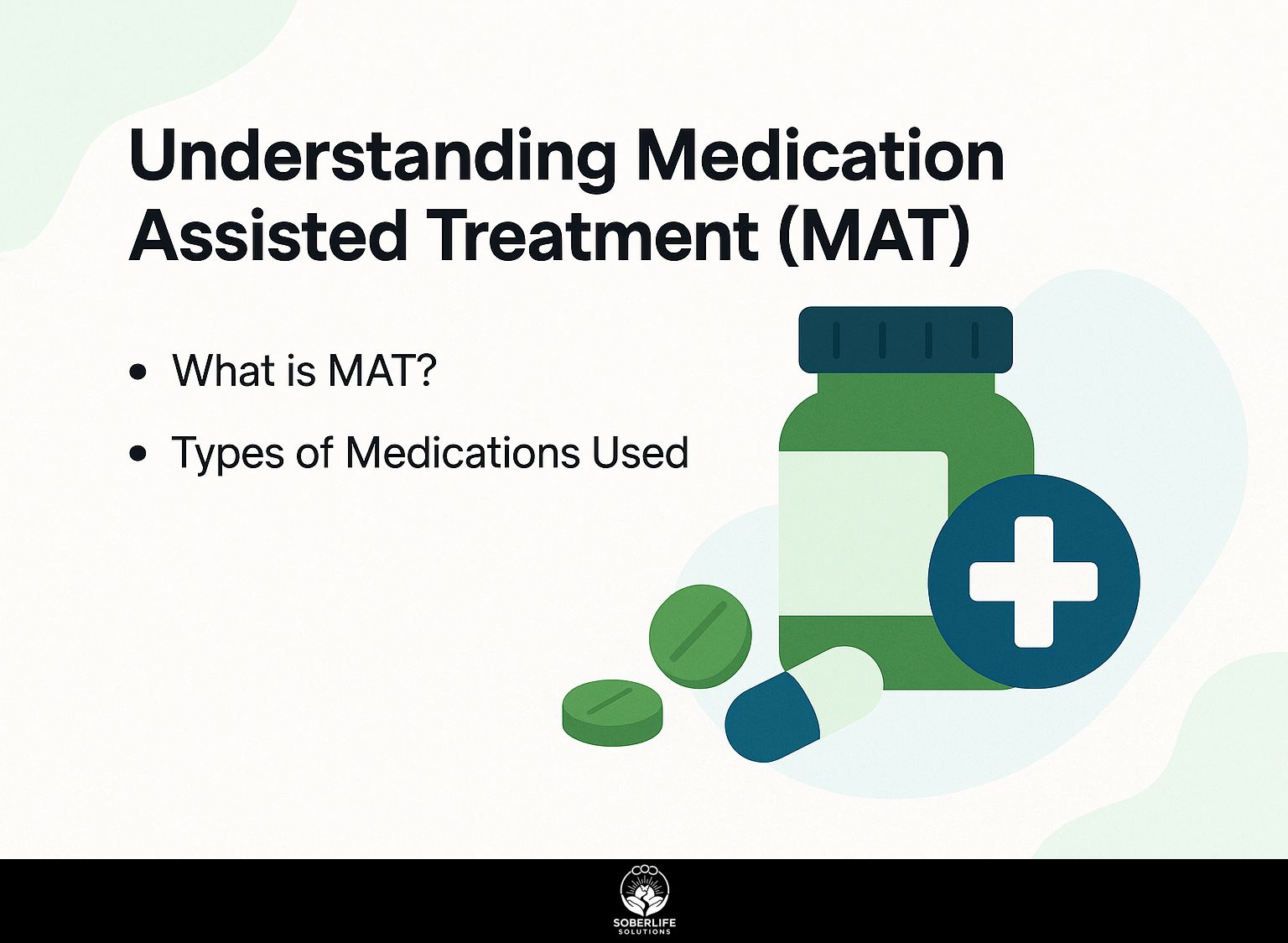
Medication Assisted Treatment (MAT) combines drugs and counseling to help people recover from substance use disorders, resulting in improved treatment outcomes. According to the Substance Abuse and Mental Health Services Administration, medications used in MAT can effectively treat substance use disorders and help sustain recovery (SAMHSA). Additionally, the integration of counseling techniques, such as group counseling for Alcohol Use Disorder (AUD), plays a pivotal role in enhancing recovery dynamics and success rates.
What is MAT?
MAT is an evidence-based approach that includes medications like Methadone and Suboxone, which aid individuals in managing opioid addiction effectively.
In MAT, healthcare providers are important because they assess what patients need and create personalized treatment plans for each person.
For example, one patient may require Methadone for its long-acting effects, while another may benefit more from Suboxone, which can reduce the potential for misuse.
Regular check-ins and adjustments to medication dosages are essential to address changes in patient circumstances. This ongoing help improves recovery by using medication alongside counseling and behavior therapies customized to personal needs, greatly enhancing long-term results.
Types of Medications Used
Common medications in MAT include Methadone, Suboxone, Naltrexone, and Buprenorphine, each serving unique roles in stabilizing patients and minimizing withdrawal symptoms.
Methadone is a long-lasting opioid that works well for serious opioid addiction, easing withdrawal symptoms for a full day.
Suboxone, a combination of buprenorphine and naloxone, helps prevent misuse while alleviating cravings. Naltrexone, an opioid antagonist, blocks the effects of opioids and is often used after detoxification.
Buprenorphine, which can be prescribed in a doctor’s office, offers a lower risk of overdose and may be used in various settings.
Choosing the right medication depends on patient history, specific needs, and potential side effects, such as nausea or sedation, which should be monitored closely. For those interested in a comprehensive overview, this analysis by SAMHSA covers the full spectrum of implications of various medication-assisted treatments.
The Role of Anonymous Meetings
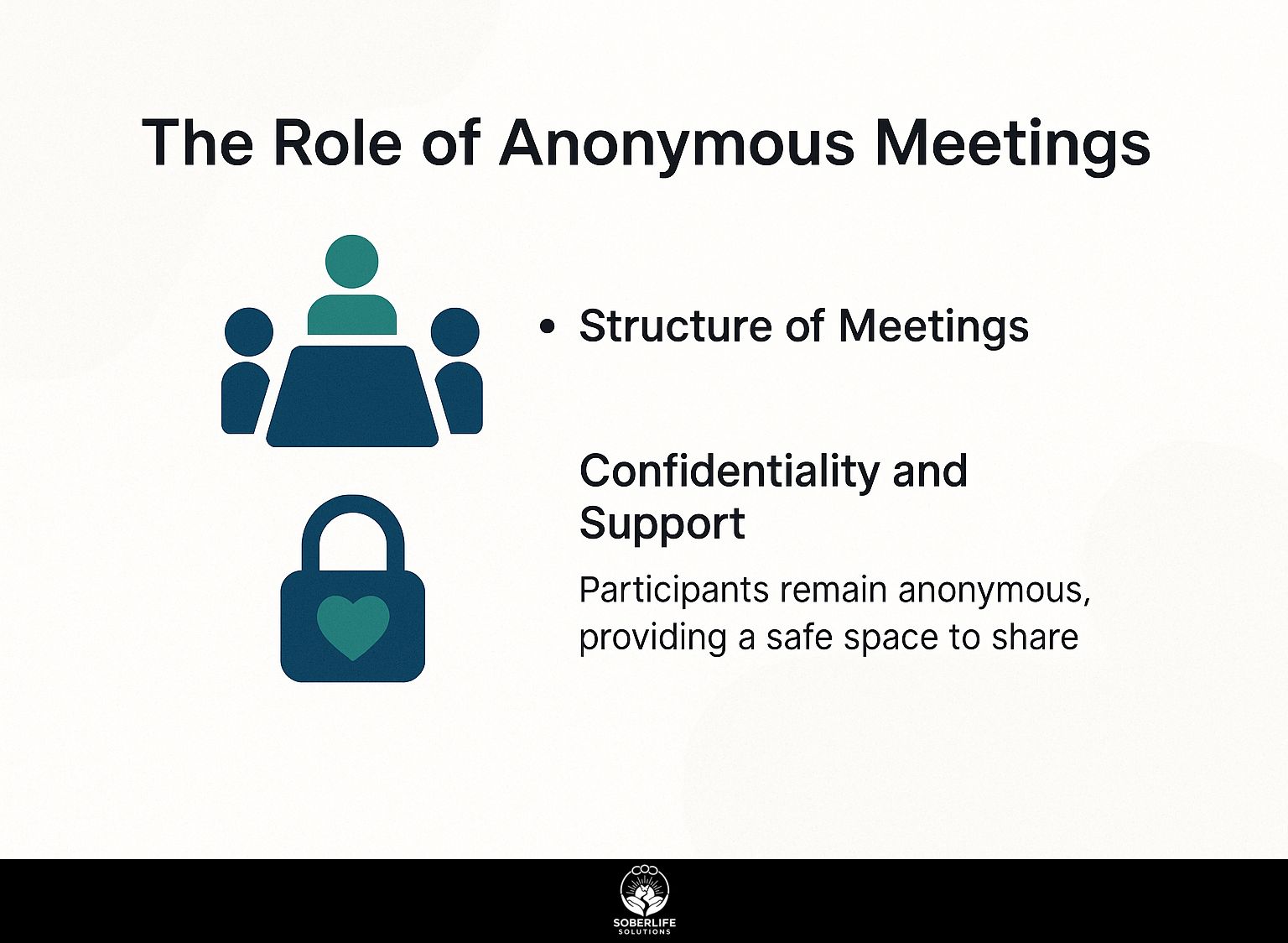
Anonymous meetings provide a structured and helpful environment where people can share their experiences, building a sense of community that is important for recovery. According to a recent analysis by Cambridge University Press, peer support plays a crucial role in enhancing mental health outcomes, underscoring the value of these meetings in fostering recovery. For those looking to enhance their recovery journey, exploring virtual peer support platforms can offer additional benefits and opportunities for connection.
Structure of Meetings
MARA meetings typically follow a consistent format, including sharing personal experiences, discussing recovery strategies, and facilitating peer support.
These meetings usually start with a 15-minute check-in where members share personal updates. This personal sharing helps build trust and connection among participants.
We then have a 30-minute discussion on how to improve and any problems encountered. Members can use tools like the SMART Recovery workbook or journaling to help with these discussions.
The group spends the last 15 minutes clarifying roles for the upcoming week, ensuring accountability and commitment. This structured approach creates a helpful community essential for ongoing recovery.
Confidentiality and Support
Confidentiality is important in MARA meetings, so participants can talk about their personal experiences freely without fear of judgment.
To maintain this confidentiality, members should refrain from discussing anyone’s story outside the meeting. Using first names only can help protect identities.
Encourage participants to build trust by actively listening and validating each other’s experiences while avoiding any form of judgment or unsolicited advice. Having a clear group agreement on confidentiality at the beginning of each session reinforces this safe space.
These practices encourage openness and strengthen the community, allowing participants to build closer connections.
Benefits of Attending Meetings
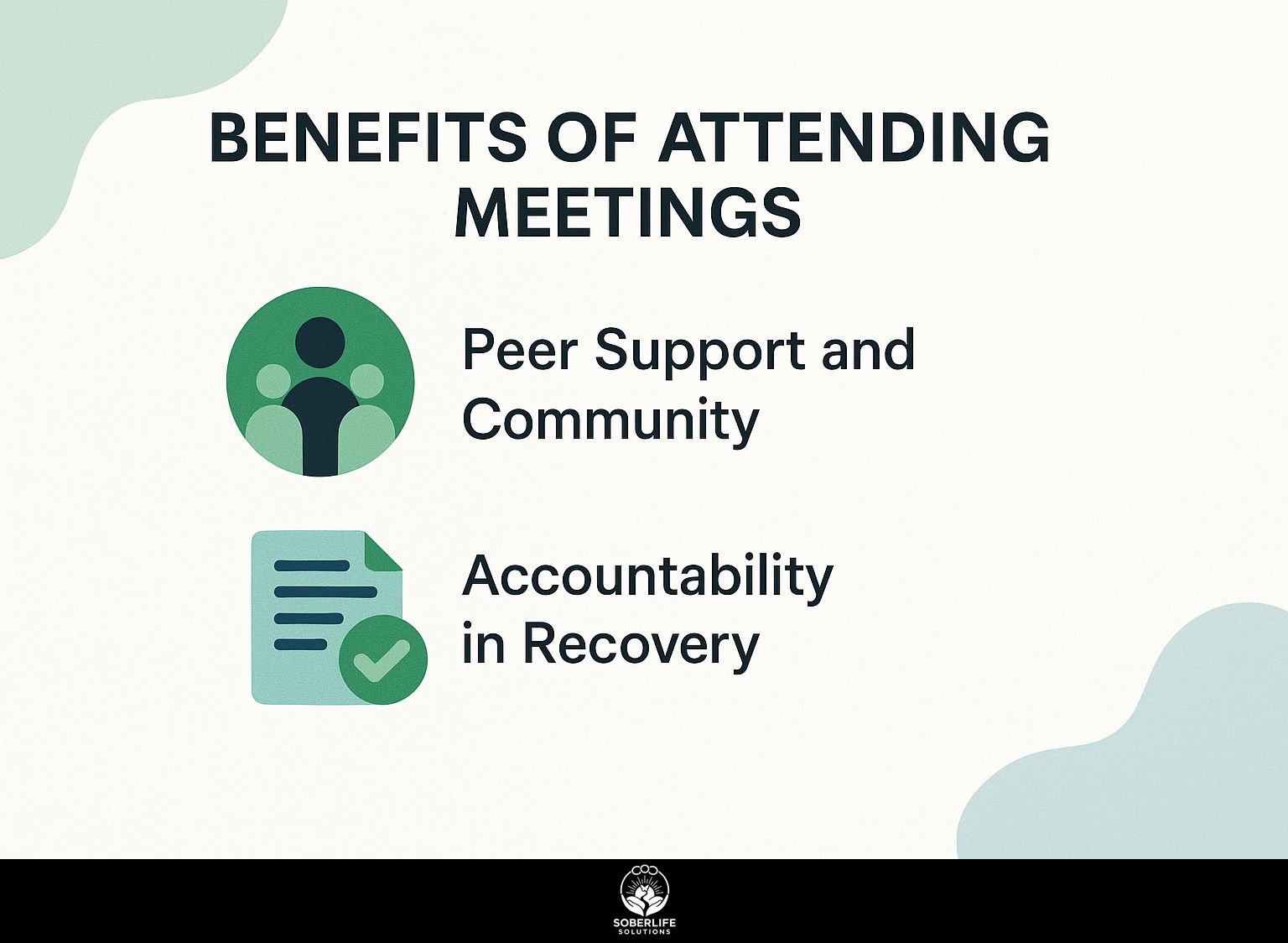
Going to MARA meetings provides many benefits, like better support from peers, a sense of responsibility, and a clear plan for recovery. Those interested in the digital aspect of support may find value in exploring virtual peer support platforms, which complement traditional meeting benefits.
Peer Support and Community
The friendly atmosphere in MARA meetings helps people back each other, so they feel less isolated during recovery.
Talking about personal stories in these meetings helps people feel understood and gives them hope.
For example, when someone shares their experience with relapse, it can connect with others and start conversations about useful ways to manage challenges.
Tools like group discussions and accountability partnerships help participants set personal goals.
Many people use apps like Sober Grid or SMART Recovery to track their progress and talk with others outside of meetings.
This collective resilience reinforces each individual’s commitment to their recovery goals.
Accountability in Recovery
Regular participation in MARA meetings helps establish accountability, motivating individuals to stay committed to their recovery goals and strategies.
To improve responsibility in these meetings, members can start by setting clear, measurable goals.
For example, a person might plan to attend three therapy sessions each week or cut down substance use by a specific percentage during the month.
Using tools such as goal-tracking apps like Habitica can provide a visual representation of progress. Success stories often highlight how members share their experiences, thus creating a supportive environment that reinforces commitment.
By openly discussing challenges and celebrating achievements, members strengthen their motivation and drive towards recovery.
How to Find Meetings
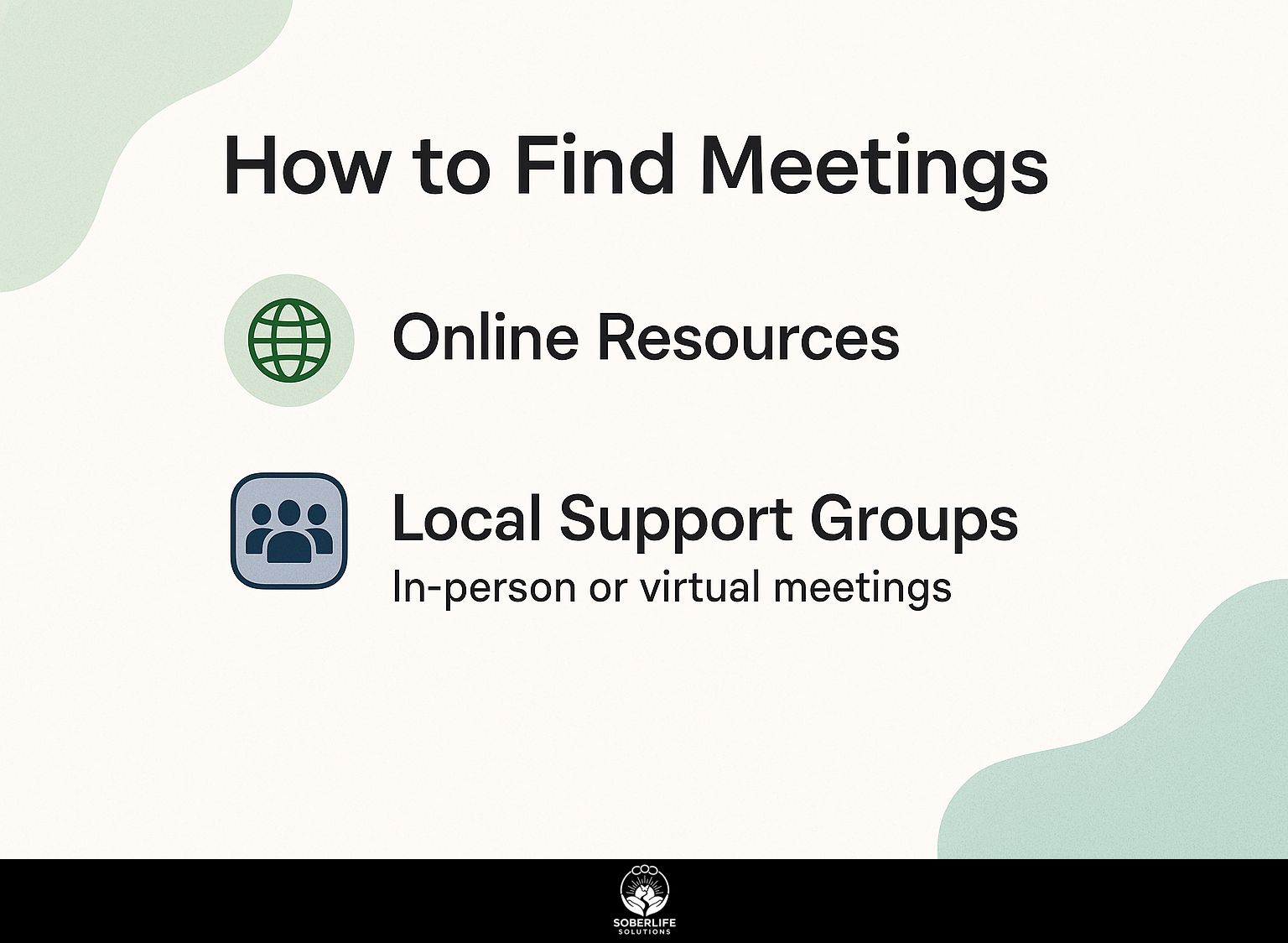
Locating MARA meetings is easy using online tools and local community support groups that serve different needs. For an extensive analysis of this trend, our comprehensive guide for beginners examines how to find A.A. meetings effectively.
Online Resources
Online resources, including Zoom meetings, have expanded access to MARA groups, allowing individuals to participate from anywhere at their convenience.
To make the most of these online resources, consider utilizing platforms like the MARA website to find upcoming meetings and events. Join the associated Facebook groups for quick updates and networking opportunities.
When joining Zoom meetings, make sure your camera and microphone are working properly for better interaction. Take notes during discussions using tools like Google Docs for easy reference later.
After the meetings, use LinkedIn to stay in touch with other attendees and grow a helpful network for your career goals.
Local Support Groups
Local support groups provide important in-person connections, improving the recovery process through face-to-face interaction and shared experiences.
To find local MARA groups, start by visiting community centers and addiction treatment facilities, which often host support meetings. Check their bulletin boards or websites for schedules.
Consider networking within recovery circles; attending local sober events can lead you to recommendations for reputable groups. Online platforms like Meetup or Facebook can also reveal various support options in your area.
Joining these groups helps with recovery and creates long-term friendships, which is important for staying sober.
Frequently Asked Questions
What is Medication Recovery Anonymous (MARA)?
Medication Assisted Recovery Anonymous (MARA) is a support group for people dealing with addiction who are also on medication assisted treatment (MAT). It follows the 12-step model and focuses on the spiritual principles of recovery.
Are MARA meetings open to everyone?
Yes, MARA meetings welcome anyone focused on recovery and using medication to help with treatment. They are also open to loved ones and supporters of individuals in recovery.
How often are MARA meetings held?
MARA meetings are typically held once a week, although this may vary depending on the specific group. You can find meeting times and locations on the MARA website or by contacting your local MARA chapter.
What are the benefits of attending MARA meetings?
Attending MARA meetings can provide a sense of community and support for individuals in recovery. It allows members to share their experiences, struggles, and successes in a safe and non-judgmental space. The 12-step model used by MARA can help people build skills to manage challenges and stay on track with their recovery.
Do I need to be on medication to join MARA meetings?
You don’t need to be on medication-assisted treatment to attend MARA meetings. However, the group is designed for people using MAT in their recovery process.
Is MARA affiliated with any other organizations or recovery programs?
Yes, MARA is affiliated with the International Recovery Organization (IRO), which provides support and resources for individuals in recovery and their families. MARA also has a non-profit status and may collaborate with other organizations in the recovery community.

